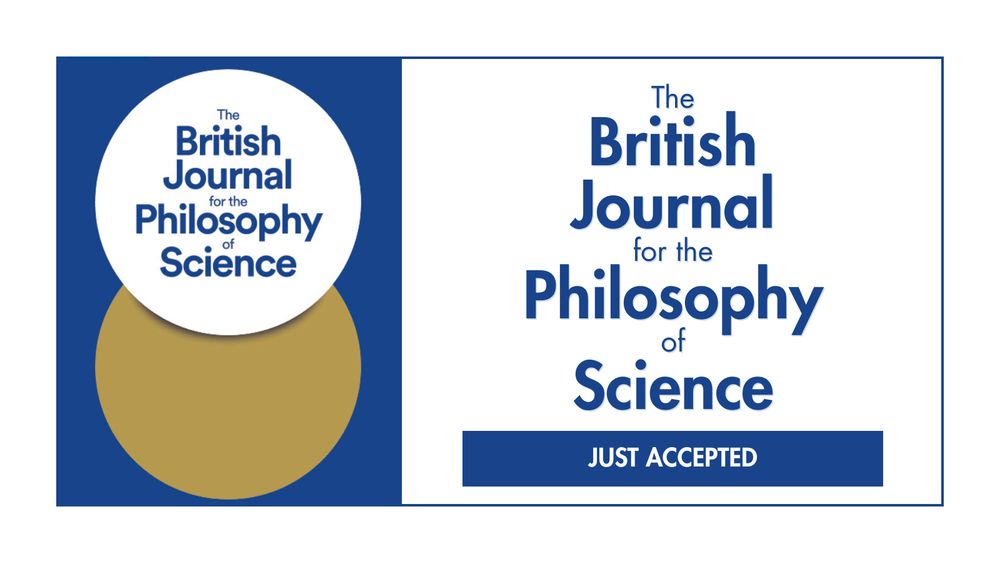British Journal for the Philosophy of Science
@thebjps.bsky.social
5.5K followers
990 following
280 posts
Latest issue:
https://www.journals.uchicago.edu/toc/bjps/current
BJPS Review of Books:
https://www.thebsps.org/reviewofbooks/
BJPS Short Reads:
https://www.thebsps.org/short-reads/
Podcast:
https://podcasters.spotify.com/pod/show/bjps
Posts
Media
Videos
Starter Packs
Reposted by British Journal for the Philosophy of Science
Reposted by British Journal for the Philosophy of Science
Reposted by British Journal for the Philosophy of Science
Reposted by British Journal for the Philosophy of Science
Reposted by British Journal for the Philosophy of Science
Reposted by British Journal for the Philosophy of Science












